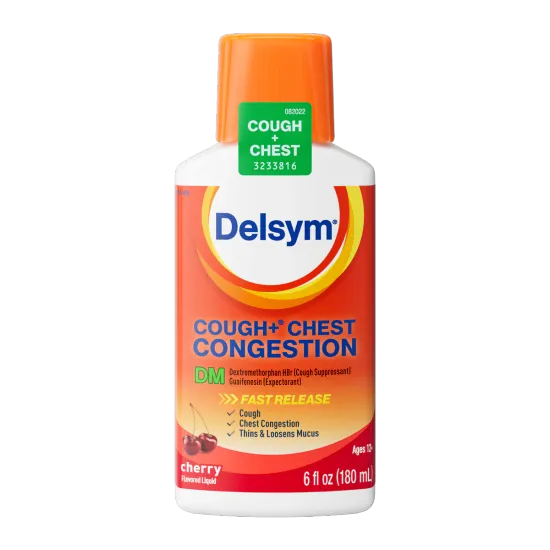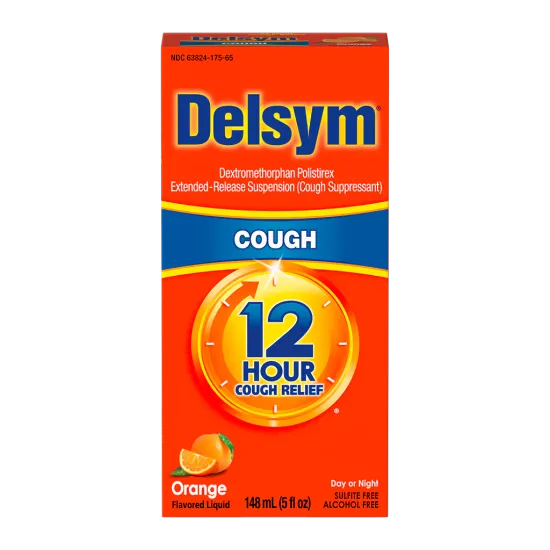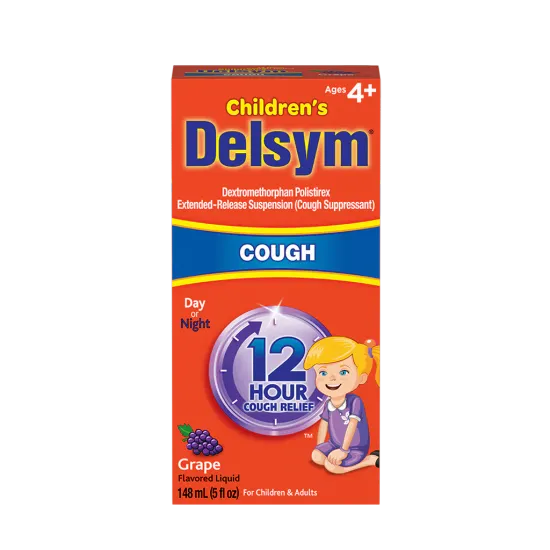
Your Cough Decoder: How to Know the Difference Between Coughs



WET COUGH VS. DRY COUGH
You don't need us to tell you that a pesky cough is annoying (those sleepless nights speak for themselves. But we can help you boost your Cough IQ so you can identify and deal with the cough you've got. Read on to learn about the two types of coughs. We’ll discuss their causes, symptoms and optimal at-home treatments.
Dry, Non-Productive Cough
The simplest (and arguably less serious) cough is dry, which means it doesn’t produce phlegm. It can range from the occasional annoying cough to a persistent, dry hacking cough that disrupts your sleep. When it lingers, it can cause a sore throat or headache to develop.
Causes of a Dry Cough: A dry cough is most commonly caused by irritation. Your throat and airways are lined with sensitive tissue that contains thousands of nerve endings and “cough receptors.” When these receptors are activated, they send a chemical signal to your brain which triggers that annoying cough. Exposure to irritants — like allergy triggers, smoke particles or pollution — can activate your cough receptors, and lead to dry coughing. Infectious diseases, including a cold or flu, can also trigger changes in the delicate tissues lining your airways, activating your cough reflex.
Treatment for a Dry Cough: You can treat a dry cough with an over-the-counter medication. Cough medicines containing dextromethorphan — the active ingredient in Delsym® — act on your brain to suppress your “cough reflex" and curb your coughing. The University of Rochester also recommends drinking plenty of fluids especially hot beverages and using lozenges to relieve your symptoms.
When To Get Help: If your dry cough hasn’t cleared up in two weeks, make an appointment with your doctor.
Wet, Productive Cough
If you’re coughing up mucus, you have a productive (aka wet) cough. Depending on the underlying cause, the mucus may thin and clear thick with a yellow, green or solid white color. If your cough started as a cold or flu, you might notice other symptoms like a stuffy or runny nose, slight fever or fatigue.
Causes of a Wet Cough: Productive coughing is often triggered by the three I's infection, irritation and inflammation. Your airways naturally produce some mucus as a protective mechanism, but the three I's can increase your mucus production significantly. That additional mucus can activate the “cough receptors” in your airways, causing you to cough it up.
While mucus is typically clear and colorless, you may start coughing up white, yellow or green mucus if you have an underlying infection. That’s because your immune response includes the release of biological agents, which add a greenish tint that gets more intense the thicker your mucus gets. Coughing green mucus doesn’t necessarily mean you have a bacterial infection, but thick white mucus may require attention from your doctor.
Treatments for a Wet Cough: Over-the-counter treatment for a productive cough should include two active ingredients: dextromethorphan to help suppress your cough reflex, and guaifenesin to help thin and loosen mucus. Delsym® Cough+ Chest Congestion DM contains both ingredients, so it may help relieve your wet cough. You should also try to breathe in humid air — like the steam from a hot shower — and drink eight ounces of liquid every few hours to replace lost fluids and avoid dehydration.
When To Get Help: Make an appointment with your doctor if you’re coughing up thick white mucus, have a fever, or your symptoms aren't responding to over-the-counter treatments. You should also check in with your doc if your cough lasts longer than seven days to two weeks, or your symptoms start getting worse.
Summary
Coughs are no fun — which is why it’s important to understand their causes and symptoms. By boosting your cough IQ, you’re better able to identify and treat the type of cough you’ve got.
.avif)